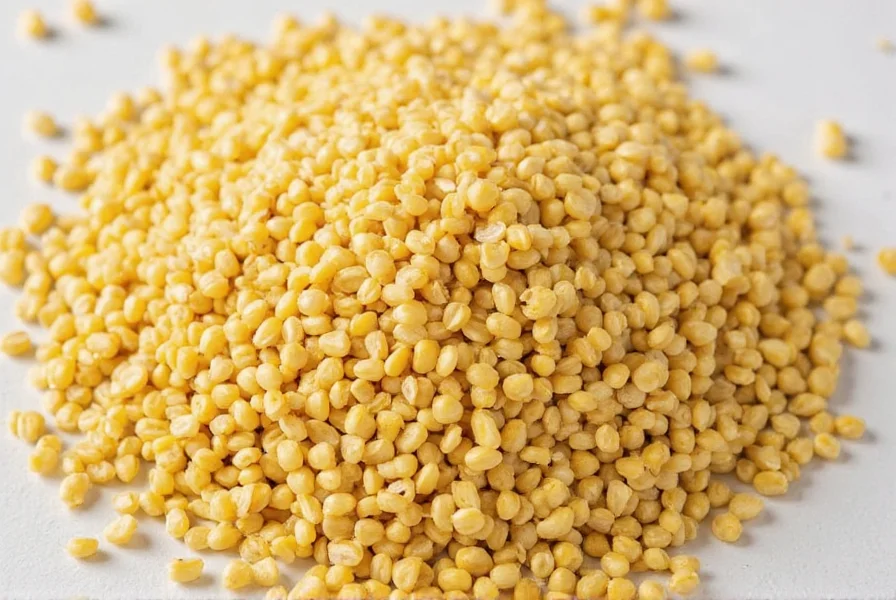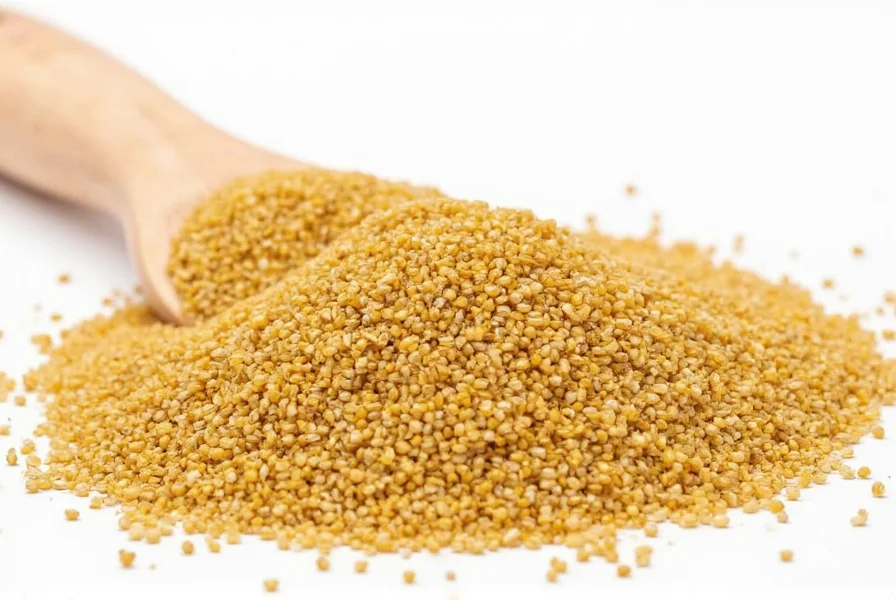Fenugreek (Trigonella foenum-graecum) has been used for centuries in traditional medicine and culinary applications. As interest in this versatile herb grows, many people seek clear guidance on appropriate daily consumption. Understanding the correct fenugreek dosage per day is essential for maximizing potential benefits while minimizing risks.
Understanding Fenugreek Dosage Guidelines
Scientific research and clinical practice provide evidence-based recommendations for daily fenugreek intake. The appropriate amount varies significantly based on several factors including:
- The specific health goal (lactation support, blood sugar management, etc.)
- The form of fenugreek consumed (seeds, powder, extract)
- Individual health status and potential medication interactions
- Age and overall health condition

Standard Daily Dosage Recommendations
Research studies and health authorities have established these general guidelines for safe fenugreek consumption:
| Form of Fenugreek | Purpose | Daily Dosage Range | Frequency |
|---|---|---|---|
| Fenugreek seeds | General health | 5-10 grams | Once daily |
| Fenugreek powder | Lactation support | 1,700-2,500 mg | Three times daily |
| Standardized extract (45% saponins) | Blood sugar management | 500-1,000 mg | Twice daily |
| Fenugreek tea | Digestive support | 2-3 cups | As needed |
Safety Considerations for Daily Fenugreek Intake
While fenugreek offers potential health benefits, exceeding recommended amounts can cause adverse effects. Understanding maximum safe limits represents a crucial aspect of responsible supplementation.
Maximum Safe Daily Limits
Most health authorities suggest not exceeding 6,000 mg of fenugreek daily without medical supervision. Higher doses may cause:
- Gastrointestinal discomfort including diarrhea and gas
- Hypoglycemia (dangerously low blood sugar levels)
- Allergic reactions in sensitive individuals
- Potential interactions with blood-thinning medications
Special Population Considerations
Certain groups require particular caution when determining how much fenugreek per day is appropriate:
- Pregnant women: Should avoid medicinal doses as fenugreek may stimulate uterine contractions
- Diabetics: Must monitor blood sugar closely when using fenugreek for blood sugar control
- Individuals with peanut/chickpea allergies: May experience cross-reactivity with fenugreek
- People scheduled for surgery: Should discontinue fenugreek at least two weeks beforehand due to blood sugar effects

How to Determine Your Ideal Daily Fenugreek Amount
Finding the right fenugreek dosage for your specific needs involves several considerations:
- Identify your primary health goal - Different purposes require different dosages
- Consider the form you'll use - Whole seeds, powder, and extracts have different potency levels
- Start low and gradually increase - Begin with the minimum effective dose and adjust as needed
- Monitor your body's response - Pay attention to both benefits and potential side effects
- Consult a healthcare professional - Especially important if you have existing health conditions or take medications
When to Consult a Healthcare Provider
Before establishing your daily fenugreek routine, seek professional medical advice if you:
- Are pregnant or breastfeeding
- Have diabetes or take blood sugar medications
- Take blood-thinning medications like warfarin
- Have a history of hormone-sensitive conditions
- Are scheduled for surgery within the next two weeks
- Experience persistent digestive issues or allergic reactions
Conclusion
Determining how much fenugreek to take per day requires careful consideration of individual health needs and goals. While general guidelines suggest 500-6,000 mg daily depending on purpose and form, personalized medical advice remains essential. The most effective fenugreek dosage per day represents the minimum amount needed to achieve desired benefits while avoiding potential side effects. Always prioritize safety by consulting healthcare professionals before beginning any new supplement regimen, particularly when addressing specific health concerns through fenugreek daily intake.
Frequently Asked Questions
What is the maximum safe amount of fenugreek per day?
Most health authorities recommend not exceeding 6,000 mg of fenugreek daily without medical supervision. Higher doses may cause gastrointestinal issues, hypoglycemia, or allergic reactions. For standardized extracts, doses above 1,000-2,000 mg daily should only be taken under healthcare provider guidance.
How much fenugreek should I take daily for lactation support?
Research suggests nursing mothers typically take 1,700-2,500 mg of fenugreek powder or extract daily, usually divided into three doses. Many women notice increased milk production within 24-72 hours. However, individual responses vary, and some may require higher or lower amounts. Consult a lactation specialist for personalized recommendations.
Can I take fenugreek every day long-term?
Short-term daily use of fenugreek (up to 6 months) appears safe for most people at recommended doses. Limited research exists on long-term daily consumption. If using fenugreek regularly for extended periods, consult your healthcare provider for monitoring and to ensure it doesn't interfere with nutrient absorption or medication effectiveness.
How much fenugreek seed equals the recommended daily dosage?
Approximately 5-10 grams (1-2 teaspoons) of whole fenugreek seeds daily provides similar benefits to 500-1,000 mg of standardized extract. Seeds contain lower concentrations of active compounds than extracts, so larger amounts are needed. Soaking or sprouting seeds may increase bioavailability of beneficial compounds.
What happens if I take too much fenugreek in one day?
Excessive fenugreek consumption in a single day may cause digestive upset (diarrhea, gas, stomach pain), hypoglycemia (low blood sugar), or a maple syrup-like body odor. In rare cases, very high doses might trigger allergic reactions or interact dangerously with medications. If you experience severe symptoms after taking too much fenugreek, seek medical attention immediately.











 浙公网安备
33010002000092号
浙公网安备
33010002000092号 浙B2-20120091-4
浙B2-20120091-4